Oatmeal for Breastfeeding – Does It Help to Increase Milk Supply?

Oats is undoubtedly one of the healthiest foods, known for its versatility and rich content of protein, essential nutrients, and fibre. It can be cooked in a variety of ways, making it a staple in many diets. Often, nursing mothers wonder if eating oats is beneficial for them and their babies. Well, the answer to this is both yes and no. While there are numerous health benefits of eating oats, it does not directly influence the quality of breast milk. However, oatmeal for breastfeeding moms can be a nourishing addition to their diet. Read on to know more about this.
Does Oats Help Increase Breast Milk Supply?
Oats do not help increase the breast milk supply in any way. Breast milk is tailor-made for the baby’s needs. Even a mother eating only two meals a day can produce what the baby needs.
Low supply of milk is most of the times perceived as mothers have enough and more to feed their baby. Feel free to consult a lactation expert for any such issues, as they can be easily dealt with.
If you want to begin or continue eating oats, you may do so to maintain your own health. Let’s take a look at some health benefits you can gain by eating oats whether you are breastfeeding or not.
Health Benefits of Eating Oats While Breastfeeding
Here are some benefits of oatmeal while breastfeeding:
1. Helps in Lowering Blood Pressure
Oats help in lowering blood pressure, which is essential for heart health. The presence of Beta-glucan fibre in oats assists in reducing cholesterol levels, further promoting cardiovascular well-being (1).
2. Stabilises Blood Sugar Levels
Oats can help stabilise blood sugar levels, making them beneficial for nursing mothers. When consumed in moderation, oats prevent sudden spikes in blood sugar, which is important for long-term health.
3. Promotes Satiety and Reduces Hunger
This is one of the most well-known health benefits that come with consuming oats. Oats are rich in fibre, which helps the stomach feel full for longer periods (2). This helps reduce hunger and can be particularly useful for breastfeeding mothers looking to manage their calorie intake.
4. Provides Essential B Vitamins
The B vitamins present in oats are beneficial for mental health (3). They help in fighting off exhaustion, anger, stress, and other mental ailments, which are common challenges for new mothers.
5. Supports Heart Health
Oats are a heart-healthy food, thanks to their rich content of Beta-glucan fibre. This fibre helps lower cholesterol, which can contribute to better cardiovascular health during the breastfeeding phase.
6. Boosts Energy Levels
Due to the presence of complex carbohydrates, oats provide a steady release of energy, helping breastfeeding mothers stay active and avoid fatigue throughout the day.
How Much Oatmeal or Oats Can You Consume?
Ideally, one small bowl of oatmeals, served hot is good enough for most adults. Anything in moderation is fine but overdoing oats can cause oversupply, engorgement and mastitis-related issues. There’s is no exception as such for breastfeeding mothers as consuming oats doesn’t affect the quality or quantity of breast milk.
How to Add Oats to Your Breastfeeding Diet
Now, because consuming oats doesn’t affect your breast milk in any way, you can have it in different ways. Here are a few options (4):
1. Porridge
The simplest way to have oatmeal during breastfeeding is to make a porridge. Cook it on a low flame and stir it with milk to make a nice warm bowl of porridge.
2. Oatmeal Tea
Pour a cup of boiling water over roughly a teaspoon of oatmeal flakes. Add a bit of cinnamon or honey as per your taste requirements and you’re good to go.
3. Oats Muffin
Simple and delicious, just add little oats to the muffin batter or dough and bake them in the oven. Take them out and immediately consume them.
4. Oats Bars
These energy bars are found in many convenience stores and they can also be made at home. Have one as a snack and you’ll have made up the supply required for the day.
5. Oats in Soup
Having oats in soup is another way to have it. It can be eaten as a supplement in soup and it just needs to be added to the mixture as you’re making it.
6. Oatmeal Cookies
Oatmeal cookies can be a great snack and a fun dessert idea to satisfy your sweet tooth.
7. Oats Baked With Bread
Adding little oats to your bread dough or purchasing whole-grain oat bread is another way to consume oats. You can toast the bread or even make a good sandwich with it in order to have your daily dose of the same.
Are There Any Side-effects of Having Oats While Nursing?
As mentioned earlier, oats for lactation do not affect breast milk in nursing mothers in any way. However, if you are allergic to gluten, you may want to avoid it completely for your own health sake (5).
A small dosage of oats may also be tolerated by those who have Celiac’s disease. You can consult your doctor for the same and ensure that they give you the go-ahead you need to consume oats on a regular basis.
Delicious Oats Recipes for Nursing Moms
Oats are not only nutritious but can also be prepared in a variety of delicious ways to suit your taste. Here are a few simple and tasty oats recipes that nursing moms can enjoy.
1. Banana Oats Smoothie
This creamy and energizing smoothie combines the natural sweetness of banana with the nutritional benefits of oats, perfect for a quick breakfast or snack.
What You Will Need
- 1/2 cup rolled oats
- 1 ripe banana
- 1 cup almond milk (or any milk of choice)
- 1 tablespoon peanut butter
- 1 teaspoon honey (optional)
- Ice cubes
How to Make
- Blend the oats, banana, and milk until smooth.
- Add peanut butter and honey, and blend again.
- Add ice cubes and blend one last time until smooth.
- Pour into a glass and enjoy chilled.
2. Apple Cinnamon Oatmeal
A comforting bowl of apple cinnamon oatmeal is packed with fiber and warmth, making it an ideal start to a nursing mom’s day.
What You Will Need
- 1/2 cup rolled oats
- 1 small apple, diced
- 1/2 teaspoon cinnamon
- 1 cup water or milk
- 1 teaspoon maple syrup or honey
How to Make
- In a saucepan, bring water or milk to a boil.
- Add oats, diced apple, and cinnamon.
- Cook on low heat for 5-7 minutes, stirring occasionally.
- Remove from heat, drizzle with maple syrup or honey, and serve warm.
3. Oats and Chia Pudding
This overnight oats and chia pudding is a nutritious, make-ahead option that’s both filling and rich in omega-3s.
What You Will Need
- 1/4 cup rolled oats
- 1 tablespoon chia seeds
- 1 cup almond milk (or any milk of choice)
- 1 teaspoon vanilla extract
- Fresh fruits for topping (berries, bananas, etc.)
How to Make
- In a bowl, combine oats, chia seeds, and almond milk.
- Stir in vanilla extract and mix well.
- Cover the bowl and refrigerate overnight.
- In the morning, stir and top with fresh fruits before serving.
4. Savoury Oats with Vegetables
For a savory twist, this vegetable oats recipe is loaded with fiber and spices, providing a wholesome meal option for busy moms.
What You Will Need
- 1/2 cup rolled oats
- 1 small carrot, grated
- 1 small onion, finely chopped
- 1/2 teaspoon cumin seeds
- 1/2 teaspoon turmeric powder
- Salt to taste
- 1 cup water
How to Make
- Heat a pan and dry roast the oats for 2-3 minutes, then set aside.
- In the same pan, add cumin seeds and sauté the onions until golden.
- Add grated carrot, turmeric, and salt, and cook for another 2 minutes.
- Add water, bring to a boil, and stir in the roasted oats.
- Cook for 5-7 minutes until the oats are soft and serve warm.
FAQs
1. Can eating oats change the flavor of breast milk?
While oats themselves are mild in flavor, they don’t typically change the taste of breast milk. However, if combined with other strong ingredients like spices or sweeteners, it’s possible for subtle flavor changes to occur.
2. Can oats help with postpartum constipation while breastfeeding?
Yes, oats for a feeding mother are rich in soluble fiber, which can aid in relieving postpartum constipation—a common issue for breastfeeding mothers—by promoting smoother digestion.
3. Are there any side effects of eating too many oats while breastfeeding?
Although oats are healthy, consuming them in excess can lead to bloating or gas due to their high fiber content. Breastfeeding mothers may want to moderate their intake if they experience these digestive issues.
4. Can oats affect my baby’s sleep pattern through breast milk?
While oats contain nutrients that promote relaxation, such as magnesium and tryptophan, their direct impact on a baby’s sleep pattern through breast milk is not well-documented. Some mothers believe oats can have a calming effect, but this is anecdotal.
This was all about breastfeeding and oatmeal. Eating oats is a healthy option for most people. But, because food, in general, doesn’t affect the quality or quantity of milk, the mother’s diet hardly makes a difference to the nutrition her nursing child receives through her breast milk. You may, however, reap the health benefits of oats through your regular diet as long as you are not allergic to gluten.
Disclaimer: If the demand and supply of breast milk are not managed, any kind of galactagogues wouldn’t work.
References/Resources:
1. Keenan. J, Pins. J, Frazel. C, Moran. A, Turnquist. L; Oat ingestion reduces systolic and diastolic blood pressure in patients with mild or borderline hypertension: a pilot trial (The Journal of Family Practice); National Library of Medicine; https://pubmed.ncbi.nlm.nih.gov/11978262/; April 2002
2. Cavdar. G, Papich. T, Ryan. E; Microbiome, Breastfeeding and Public Health Policy in the United States: The Case for Dietary Fiber (Nutrition and Metabolic Insights); National Library of Medicine; https://www.ncbi.nlm.nih.gov/pmc/articles/PMC6710673/; August 2019
3. Flour, oat, whole grain; Food Data Central; U.S. Department of Agriculture; https://fdc.nal.usda.gov/fdc-app.html#/food-details/2261421/nutrients
4. Paudel. D, Dhungana. B, Caffe. M, Krishnan. P; A Review of Health-Beneficial Properties of Oats (Foods); National Library of Medicine; https://www.ncbi.nlm.nih.gov/pmc/articles/PMC8625765/; November 2021
5. Gluten Intolerance; Cleveland Clinic; https://my.clevelandclinic.org/health/diseases/21622-gluten-intolerance
6. Is Oat Milk Good for You? A Dietitian Explains This Trendy Dairy Alternative; Cleveland Clinic; https://health.clevelandclinic.org/is-oat-milk-good-for-you-a-dietitian-explains-this-trendy-dairy-alternative
7. Rasane. P, Jha. A, Sabikhimar. A, Unnikrishnan. V; Nutritional advantages of oats and opportunities for its processing as value added foods – a review (Journal of Food Science and Technology); National Library of Medicine; https://www.ncbi.nlm.nih.gov/pmc/articles/PMC4325078/; June 2015
8. Maternal Diet and Breastfeeding; CDC; https://www.cdc.gov/breastfeeding-special-circumstances/hcp/diet-micronutrients/maternal-diet.html
Also Read:
Eating Chocolates while Breastfeeding
Consuming Honey during Breastfeeding
Fruits to Eat and Avoid when Breastfeeding
Drinking Apple Cider Vinegar while Breastfeeding
Was This Article Helpful?
Parenting is a huge responsibility, for you as a caregiver, but also for us as a parenting content platform. We understand that and take our responsibility of creating credible content seriously. FirstCry Parenting articles are written and published only after extensive research using factually sound references to deliver quality content that is accurate, validated by experts, and completely reliable. To understand how we go about creating content that is credible, read our editorial policy here.






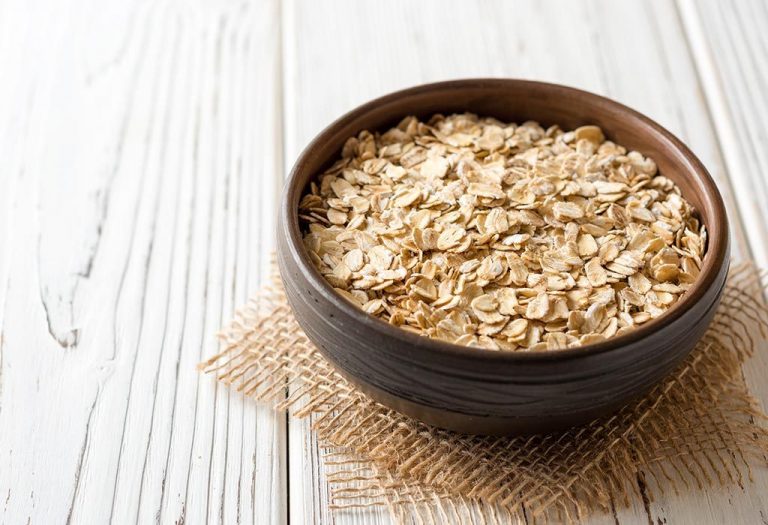

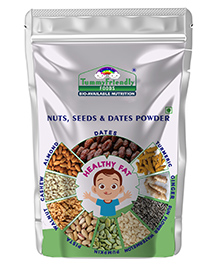
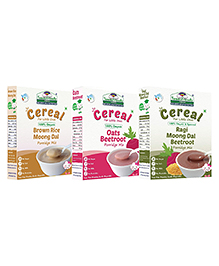
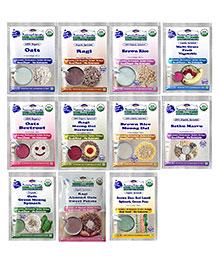
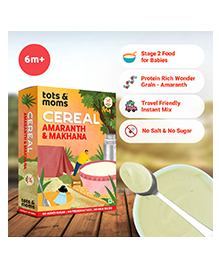
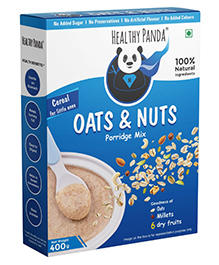
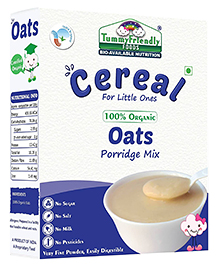

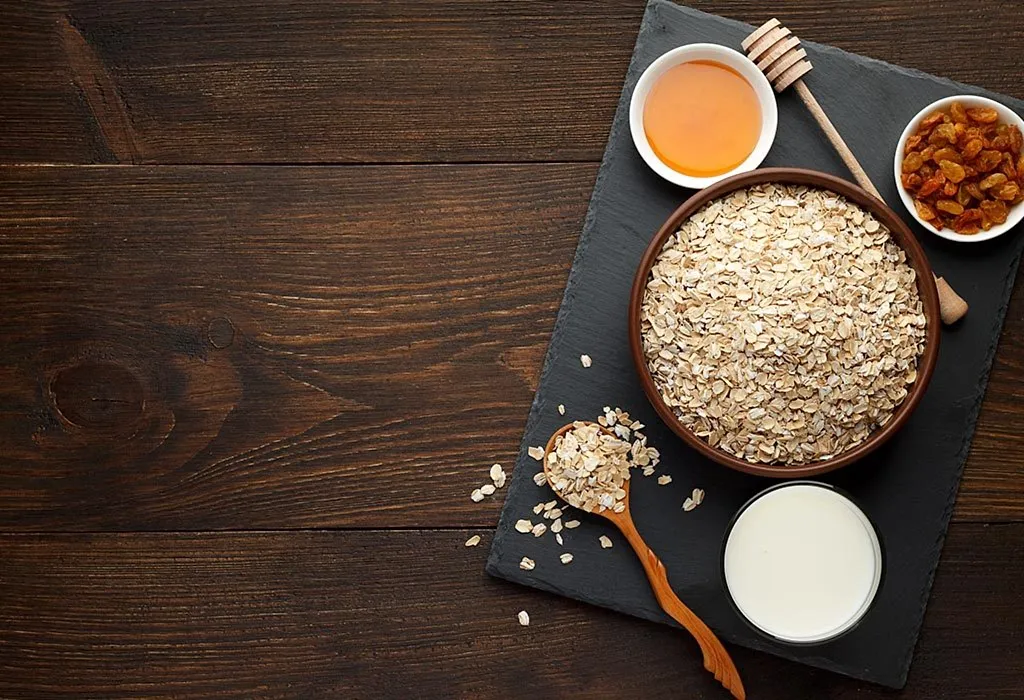




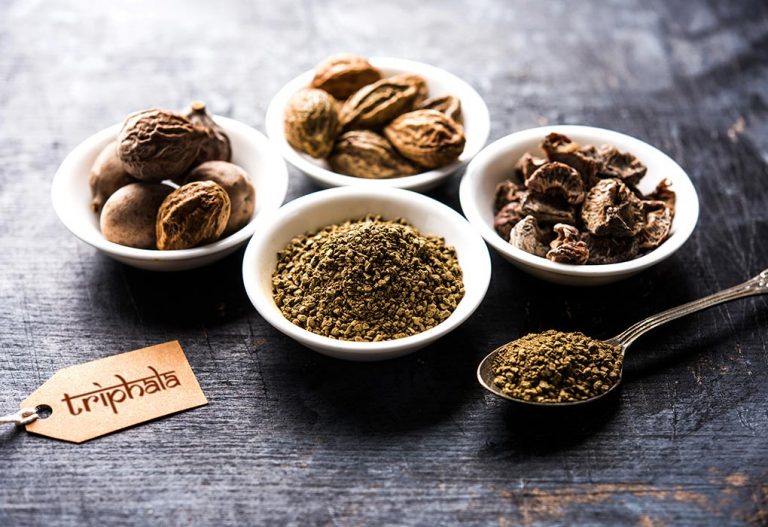


.svg)


















